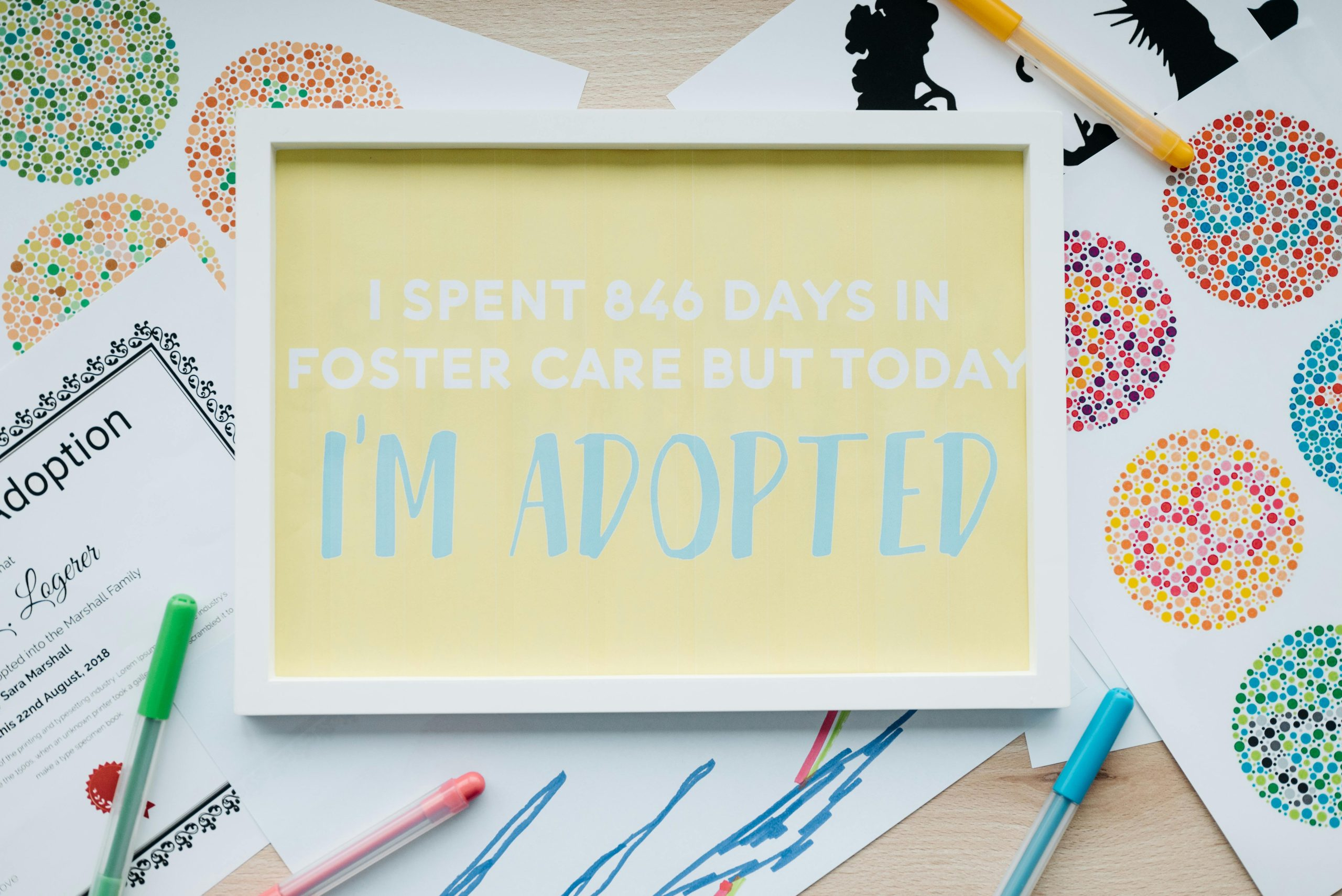Children’s Rights in Adoption Proceedings
Adoption is a complex and emotionally charged process, especially when it involves children. While the ultimate goal is to provide a loving and stable home for the child, the process can often be overwhelming and confusing for all parties involved. In the midst of this, it is essential to remember that children have rights that must be protected and upheld during adoption proceedings. These rights not only ensure their well-being but also enable them to have a say in the decisions being made on their behalf. In this article, we will explore the rights of children in adoption proceedings and the role they play in the adoption process.

Understanding Children’s Rights in Adoption Proceedings
The Right to Be Heard and Participate
One of the most fundamental rights of a child involved in adoption proceedings is the right to be heard and participate in the process. This means that children, regardless of their age, have a right to express their views, feelings, and opinions about the adoption and have them taken into consideration. This right allows them to have a say in the adoption plan and gives them a sense of control over their future.
It is essential for all parties involved, including the adoptive parents, birth parents, and adoption professionals, to listen and take into account the child’s wishes and feelings. The child’s participation in the process also helps to prepare them for their new family and ease the transition.
The Right to Information and Understanding
Children also have the right to receive age-appropriate information and be informed about the adoption process. This information should be presented in a way that the child can understand and should include details about their birth family, adoption process, and post-adoption services.
Providing children with information and helping them understand the process is crucial in reducing any uncertainty and anxiety they may feel. It also enables them to make informed decisions and better prepare for the changes that will occur in their lives.
The Right to Privacy and Confidentiality
The adoption process can be a sensitive and private matter, and children have the right to privacy and confidentiality. This means that personal information about the child and their birth family must be kept confidential and only disclosed to those with a need to know, such as the adoptive parents and the child’s legal representation.
Maintaining privacy and confidentiality not only protects the child’s identity and well-being but also allows them to maintain a sense of control over their story and who they choose to share it with.
The Right to Safety and Protection
During the adoption process, it is crucial to ensure that children remain safe from harm and are protected from any potential risks. This includes assessing the suitability of the adoptive parents and ensuring that they can provide a safe and nurturing home for the child.
Children also have the right to be protected from any pressure or coercion to agree to the adoption. They should feel supported and empowered to express their true wishes and feelings without fear of repercussions.
The Impact of Children’s Rights in Adoption Proceedings
By having their rights protected and upheld, children are given a voice and a sense of autonomy in the adoption process. This, in turn, can have a positive impact on their well-being and mental health. When children feel heard, understood, and safe, they are more likely to adapt and thrive in their new family and community.
Furthermore, considering and respecting the child’s rights can also improve the overall success and stability of the adoption. When children are actively involved in the process, their bond with their adoptive parents is strengthened, and the chances of a long-term, loving relationship are increased.
In conclusion
The rights of children in adoption proceedings are crucial in ensuring that their best interests and well-being are at the forefront of the process. By recognizing and respecting these rights, we can provide children with a supportive and empowering experience, helping them to feel secure and loved in their new family. After all, their happiness and safety should always be the primary focus of any adoption.










